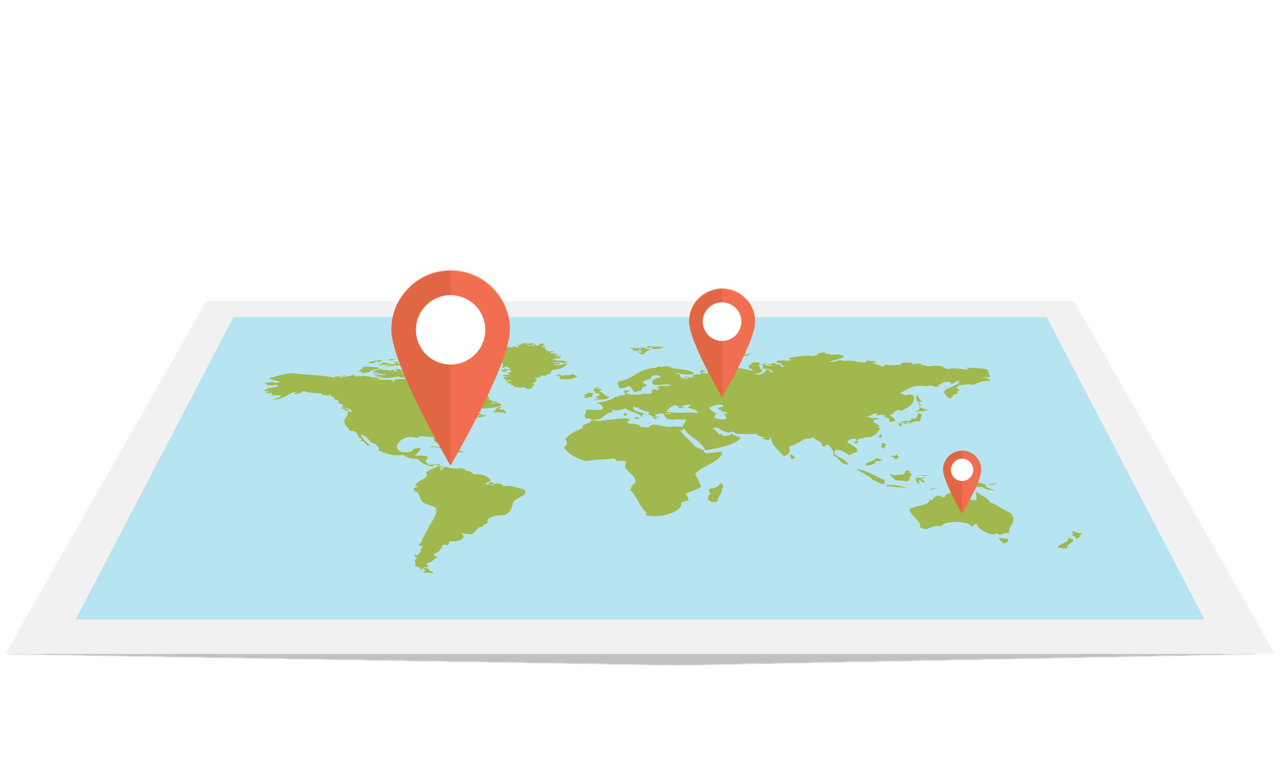Using Tech To Improve The Way You Travel
Feb 20, 2020 01:56

Technology hasn’t just improved the welfare of the public and the way we run our businesses — it’s also revolutionised the way we travel. This article will explore how technology has made travelling not just easier, but even more sociable.
Community and Commercial Websites
Travelling halfway across the planet before the internet was a much more difficult task. At best, you would have a distant family member that lives down under who promised you could stay in his out-house for a few weeks. Nowadays, you can literally trade your English speaking skills or even just your time for some free accommodation. The HelpStay website is a good example of this, where you can type in any country/region, and there will be posts such as “you can stay in my hostel for free if you help clean for 3 hours per day” and so on.
Likewise, Couchsurfing is a community site that allows you to literally just offer your couch for travellers, for free. This is a great way to meet locals, and of course, travel for much cheaper.
Planning or improvising?
Because of how immediately we can access AirBnB or browse the cheapest flights. it has made planning somewhat redundant. No longer do we need to plan a 4-month trip with a budget for each month in order to discover different places and countries. Technology has meant that we can now buy one-way tickets with even a limited budget because we can better improvise when we’re there. Once we’re close to running out of money, we can quickly book return flights. It's also worth mentioning that it's much harder to get lost. You can literally get yourself lost on purpose, and then refer back to your Google maps whenever you want your adventure to come to a close.
Translation
A big part of travelling is the language barrier. Whilst it’s great to learn some of the lingo by being forced to speak it, it can be more trouble than it’s worth if it’s a short visit. Mobile phone apps have revolutionized how we can go about this. There are now ways to take a picture of a whole menu and it will translate everything on it. We are also getting close to real-time translation technology, which will be able to listen to your mic, convert the speech to text, translate it, convert back to your own language and speak it out to you — at the same time as you’re hearing it in real life.
Remote work
Technology is also transitioning travel away from a fixed time entirely. With our work (whether it’s employment or freelancing) being ever more digitized, we can work remotely from a laptop anywhere with internet connection. This has created a strange hybrid between “moving to a different country” and temporary vacations. With a remote job, you can literally sustain yourself travelling forever, which would have been inconceivable even just a decade ago (for most people). And if you don’t have the opportunity to work online, you simply use the aforementioned websites to find local work.
Paying
Whether you’re booking a hotel online or buying a beer in a foreign bar, you’re most likely using an electronic payment. Apple Pay, Google Wallet and so on are making paying increasingly simple and easy. Not to mention exchange rates are now less of a concern with companies like Transferwise offering borderless cards, where you receive almost the interbank exchange rate.







































































